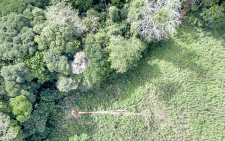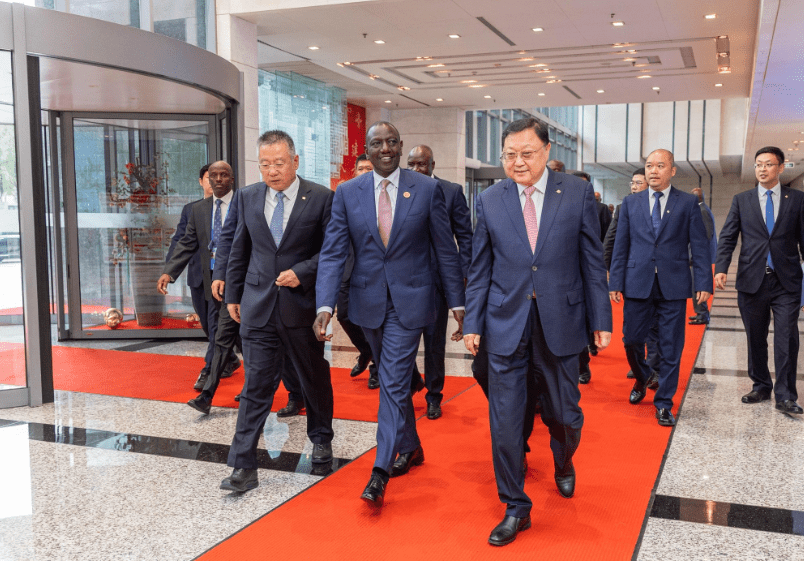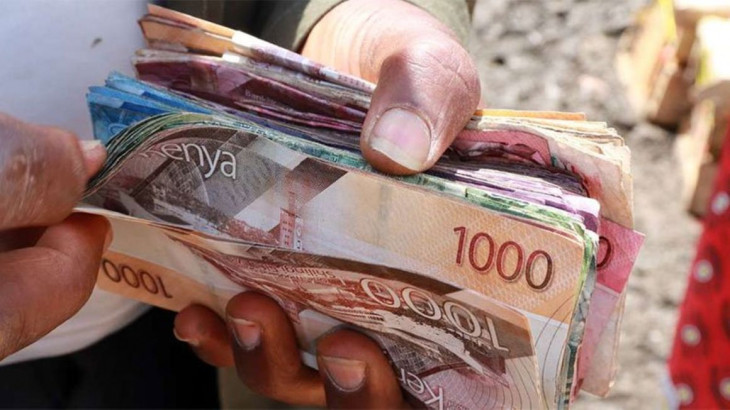Inside KRA’s new system targeting landlords and property owners

At the heart of this innovation is Gava Connect, KRA’s Enterprise Integration Platform, which powers eRITS and connects users seamlessly to the broader tax ecosystem.
Principal Secretary for National Treasury Chris Kiptoo lauded the initiative as a significant milestone in the Government’s commitment to a fair and efficient tax system. He emphasised that with eRITS, Kenya is moving towards a smarter governance model that embraces transparency, equity, and economic growth.
“This is not just about collecting more taxes,” Kiptoo said. “It’s about creating a system where compliance is intuitive, and every citizen feels part of the nation-building process.”
Athman Said, Principal Secretary of the State Department of Housing and Urban Development, noted that the real estate sector—often seen as informal and difficult to regulate—was now better positioned to become a cornerstone of Kenya’s economic development.
“With eRITS, the government is not just asking landlords to pay taxes—it’s offering them a user-friendly, accessible platform that makes compliance a seamless part of doing business,” Mr. Said added.
KRA Commissioner General Humphrey Wattanga emphasized that eRITS is not a tool of enforcement but one of empowerment. By focusing on voluntary compliance, he says the system aims to reduce the administrative burden of taxation while increasing revenue collection in a sustainable way.
“Our vision is to turn tax compliance into a culture,” said Wattanga. “eRITS reflects our dedication to service excellence, and it’s designed to integrate smoothly with existing platforms like eCitizen and other Gava Connect-enabled systems.”
The rollout of eRITS comes at a time when the government has reduced the Monthly Rental Income (MRI) tax rate from 10% to 7.5%, effective January 1, 2024. The MRI applies to landlords earning between Ksh288,000 and Ksh15 million annually—a significant portion of property owners in Kenya.
This policy shift has already started showing results. In the 2023/2024 financial year, KRA collected Ksh14.4 billion in MRI taxes—a 5.2% increase from the previous year.











